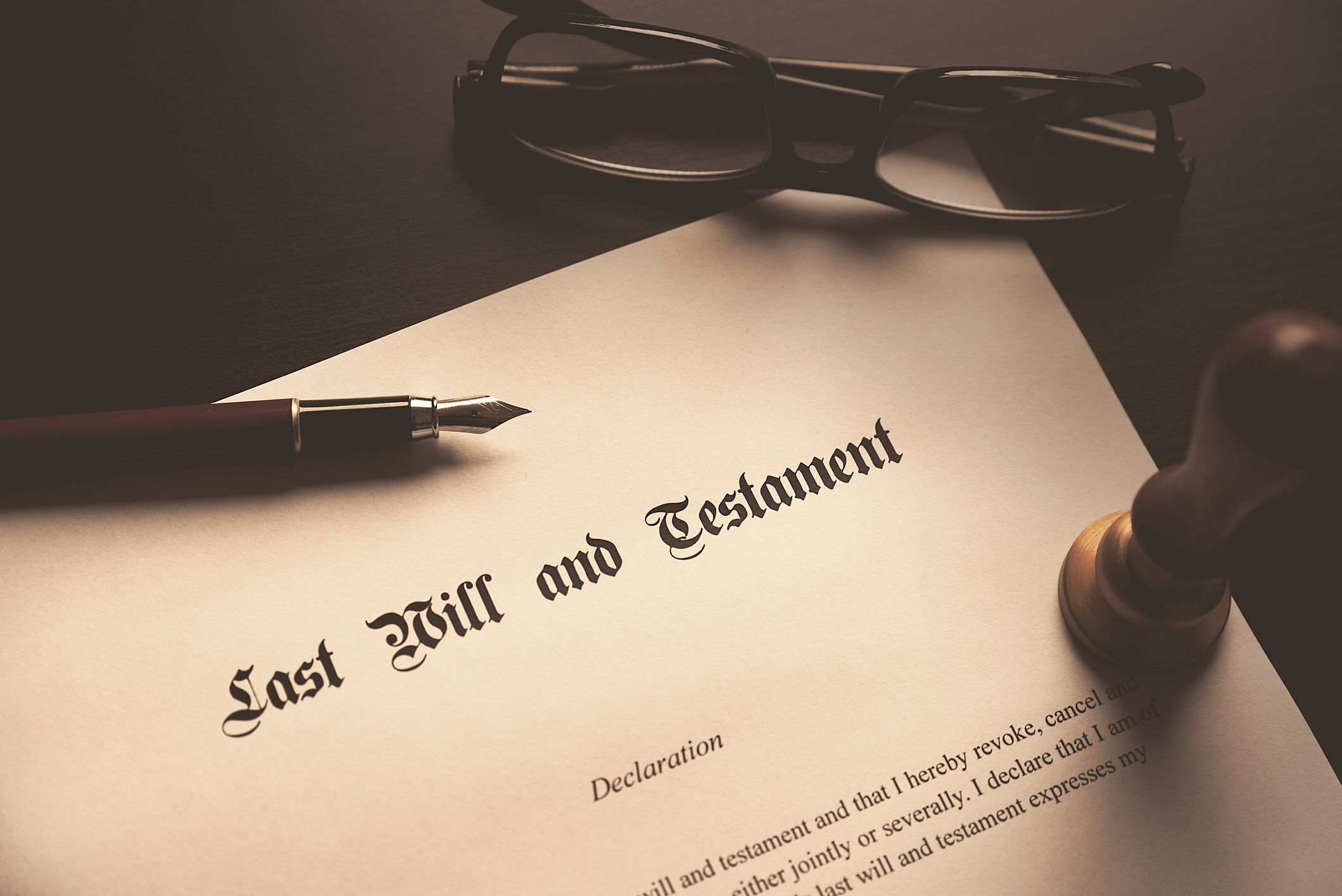Common problems with wills online

Preparing wills online is demanding. When completed, many people are happy that the estate of theirs will be sent out in accordance with their desires upon the death of theirs.
Nevertheless, problems are able to arise if the will hasn’t been adequately executed. This may often happen if an individual has performed a DIY will and never followed will formalities. Professional and solicitors will writers are able to make errors leading to the will being invalid.
If wills online aren’t correctly executed this could result in issues when the executors try and attain a grant of probate to administer the estate.
Formal Validity of Wills
Section nine of the Wills Act 1837 provides that a will is valid if:
- It’s in writing and it’s signed by the testator (or by someone else in the presence of his at his direction)
- The testator meant to offer outcome to the will by signing it;
- The testator signs the will in the existence of 2 or even more witnesses present at the exact same time.
- Each witness attests as well as signs the will or even acknowledges the signature of his in the testator’s presence.

Problems that are common with wills online
Invalid execution of the will
Goof ups are usually produced when wills online are delivered to the testator by way of a solicitor for signing and also the testator isn’t vigilant in ensuring compliance with section nine of the Wills Act. This could include situations whereby witnesses to the will haven’t experience the testator signing the will or even acknowledged the signature of his in the presence of his.
The witnesses mustn’t be beneficiaries (or maybe the spouse/civil partner on the beneficiary) to the will as this renders the will invalid.
A will becomes invalid upon marriage
If a testator constitutes a will whilst single then consequently marries, the marriage will cause the will being void. A clause about the anticipated marriage should be incorporated in the is going to stating the testator intends for the will to stay effective after the marriage. Or else a new will have to be made after marriage.
Other reasons could be:
• the death of an absence and a beneficiary of an alternative beneficiary
• the present is not available; or even
• the gift isn’t precise enough to recognize.
If a gift fails, it is going to form a part of the deceased’s estate and also be distributed based on intestacy rules. The guidelines indicate just how much of the estate should visit who according to an order of relatives. This’s usually despite what the testator wanted.
A solicitor or perhaps will author fail to effectively draft a clause or perhaps fails to determine whether legal formalities are followed
There are already numerous cases where solicitors have failed to draft a will in accordance with a testator’s wishes. This may include drafting an ambiguous clause or perhaps misunderstanding the testator’s intention. Obviously, any misconstruction of the testator’s purpose is going to have negative implications upon death. Possible remedies are reviewed below.
Jurisdiction problems
An English will is true for moveable assets in England as well as abroad and also is true for immoveable assets (real estate) in England.
A clause may be incorporated within an English will to cope with real estate abroad, though it’s suggested that a will within the foreign jurisdiction is performed as foreign jurisdictions may not understand the English will.
If a different jurisdiction doesn’t understand the English will, the immovable assets may fall under local forced heirship succession rules. For instance, under French and Italian law a minimum share of the deceased’s estate should be sent out to particular family members.

Forced succession rules might be stayed away from going with the European law: Brussels IV. Brussels IV provides that succession of an estate is governed by the law on the fellow member state where the deceased was habitually resident at time of his death unless the deceased was much more strongly associated with another state at the moment of death.
The Supreme Court in Marley v Rawlings (2012) used rectification to offer impact to invalid wills online. A solicitor had drafted the same wills online for Mr and Mrs Rawlings, save for the names of their gender references. They left the estates of theirs to one another and the default beneficiary was Mr Marley.
The solicitor provided the Rawlings with each other ‘s will and each signed the inappropriate will; this was determined after they’d both died. The Rawlings’ son argued that the wills online were invalid and additionally the estates shouldn’t pass to Mr Marley – they ought to, upon intestacy rules, pass to the boy. The Supreme Court held that despite the Rawlings signing the incorrect wills online, there’s proof that they intended the wills online of theirs to have consequence which the default beneficiary was Mr Marley rather than the son of theirs.
It’s usually the case when rectifying a will which was negligently prepared by a solicitor, that the solicitor will likely then indemnify the beneficiary with the rectification costs.
Professional Negligence Claim
If rectification isn’t appropriate, a feasible choice is bringing a specialist negligence case against the solicitor which negligently ready the will. Historically, such statements might exclusively be brought by the prospect that suffered a loss as the solicitor owed a responsibility of care to the client of theirs.
This created an issue in probate cases in which the client (the testator) had passed therefore and away no case might be brought for expert neglect when the negligence came to light. Nevertheless, the house of Lords in White v Jones (1995) held that a beneficiary of a will has a right to damages against the solicitor whose negligence is responsible for that beneficiary to be affected loss. The responsibility of care owed by the solicitor on the testator is given to the beneficiary.
The responsibility includes instances when a solicitor sends a will to a customer for signature. In this particular situation, the solicitor has a responsibility to analyze the returned will to find out whether it seems to be correctly executed.
In Humblestone v Martin Tolhurst Partnership (2004) the High Court held that the solicitor probably owed a duty on the testator and beneficiary to guarantee that a will was correctly executed. In this particular situation, the solicitor sent a will on the testator and also, upon receipt of the will, didn’t realize that the testator had not signed it.
